Hope is the dream of a waking man
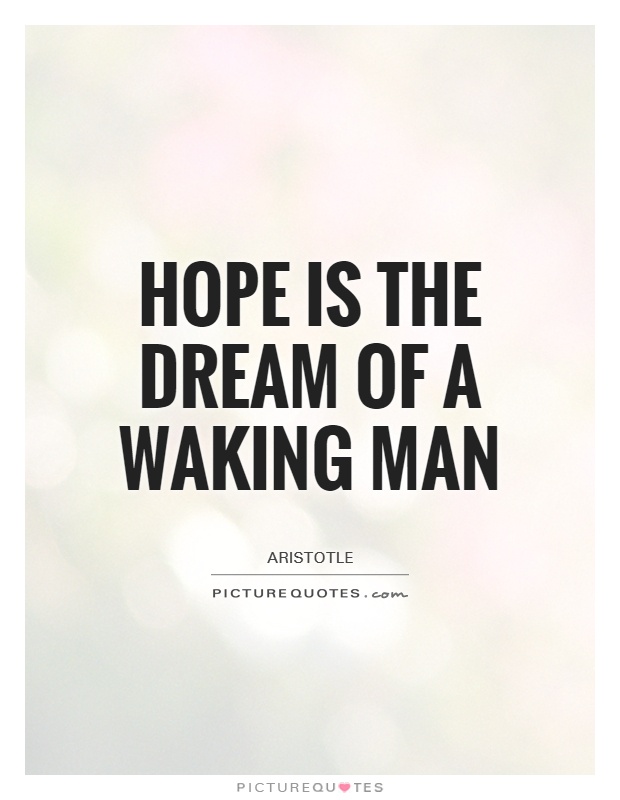
Hope is the dream of a waking man
In the context of Aristotle's philosophy, the quote "Hope is the dream of a waking man" holds significant meaning. Aristotle, a renowned Greek philosopher, believed in the power of hope as a driving force for human action and motivation. He viewed hope as a fundamental aspect of human nature that propels individuals towards their goals and aspirations.Aristotle's concept of hope can be understood through his theory of teleology, which suggests that all things in nature have a purpose or end goal. According to Aristotle, hope is the belief that one's actions can lead to a desired outcome, even in the face of uncertainty or adversity. It is the optimistic anticipation of a positive future that inspires individuals to persevere and strive for excellence.
In the quote "Hope is the dream of a waking man," Aristotle emphasizes the active nature of hope. Unlike dreams, which occur during sleep and are often passive experiences, hope is a conscious and intentional state of mind. It is the waking man's vision of a better future that motivates him to take action and work towards realizing his dreams.
For Aristotle, hope is not merely wishful thinking or blind optimism. It is grounded in reason and rationality, as individuals assess their circumstances and capabilities before setting goals and pursuing them. Hope is the belief that one's efforts can make a difference and lead to positive outcomes, even in the face of challenges and obstacles.


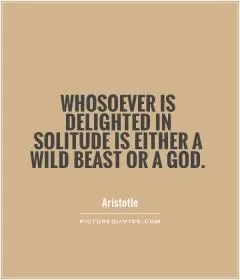
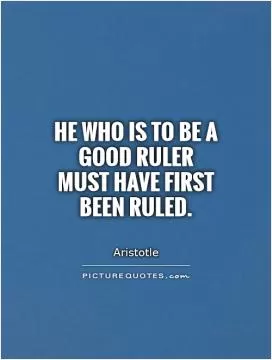


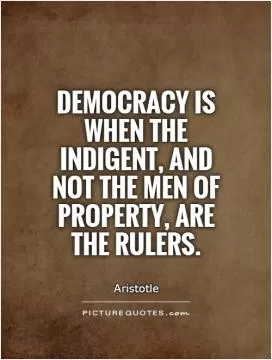

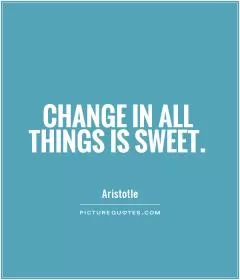
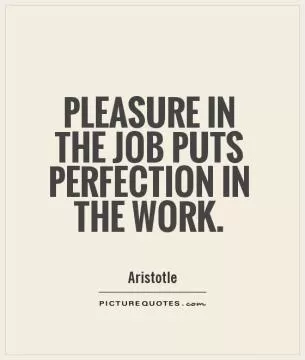

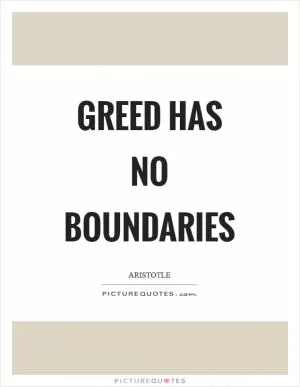
 Friendship Quotes
Friendship Quotes Love Quotes
Love Quotes Life Quotes
Life Quotes Funny Quotes
Funny Quotes Motivational Quotes
Motivational Quotes Inspirational Quotes
Inspirational Quotes